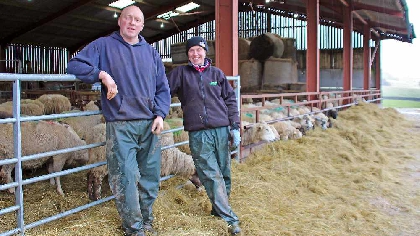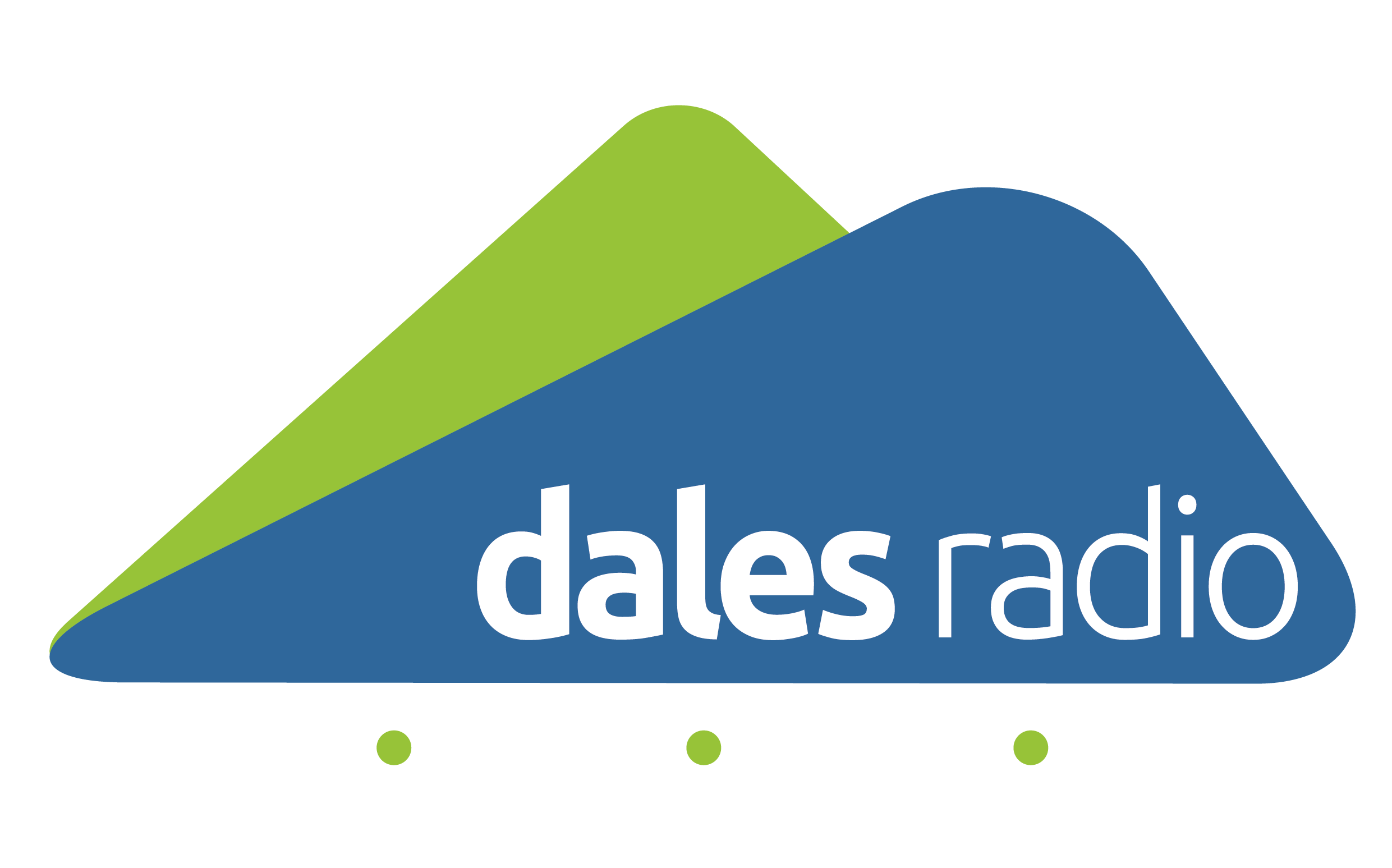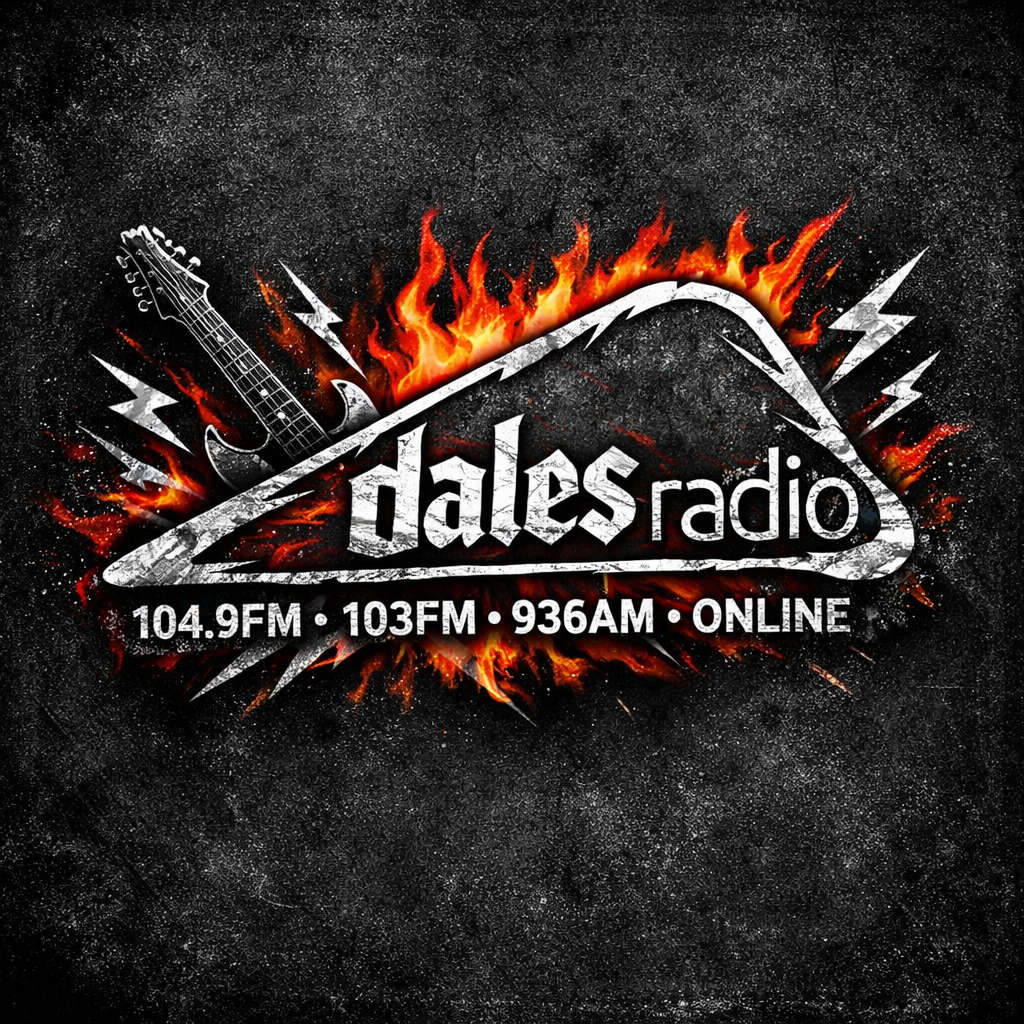
Ghyll Bank Farm near Orton in Cumbria is one of ten farms in either the Yorkshire Dales National Park or Nidderdale Area of Outstanding Natural Beauty (AONB) about to undergo a full ‘carbon audit’.
“We are enthusiastic about the changes that can be made to the farm,” said Jenny Bowes by the lambing shed. which she runs with husband Lenny. Contractors from Farm Carbon Toolkit will visit each of the ten farms over the next few months to make a detailed assessment of feed, fertiliser, slurry and diesel use together with an assessment of possible carbon sequestration.
Even smaller details – such as the type of fencing posts and wire being used – will be looked at.
Plans will then be drawn up to identify actions that could be taken to make the farms more sustainable and put them on a path towards achieving ‘net zero’ carbon dioxide emissions.
Jenny and Lenny Bowes became tenants of Ghyll Bank Farm last year and run 1000 sheep, 70 suckler cows and six sows, as well as turkeys for Christmas, on 600 acres of grassland.
Mrs Bowes, originally from Hunton in Richmondshire, said: “We want to know how we can reduce our carbon emissions, and how we can do that while maintaining and improving the business. We are concerned about the future of the environment and we just want to make it better. We are enthusiastic about the changes that can be made to the farm.”
The Bowes already have a pasture-fed system and have been stitching in herbal leys and wildflowers to the grassland to deepen roots and improve soil structure. They have planted trees by Rais Beck and Tarn Syke and are planning to begin restoring three traditional wildflower meadows this year.
Lenny Bowes, from lower Wensleydale, said: “We try to farm quite regeneratively but we need to get a better understanding of what we do and how it affects our carbon footprint. We’re hoping that by next year we’ll have the information we need to put together an action plan to make changes. We are looking for data written down in a form that other people can make use of.”
The Nidderdale AONB half of the ‘Farm Carbon Project’ is being funded by Yorkshire Water, while the National Park half is being funded by the National Park Authority. The project has also received a £5,000 contribution from the North Yorkshire and York Local Enterprise Partnership
Yorkshire Water is the second largest landowner in Yorkshire and aims to reach carbon ‘net zero’ by 2030. The water company’s Land Strategy focuses on ‘delivering exceptional land for Yorkshire, for good’. As well as reducing operational emissions, it supports its tenant farmers through its ‘Beyond Nature’ land management scheme, where sequestering more carbon from the atmosphere is one of the goals.
Nidderdale AONB Beyond Nature Farming Officer Neil Pickard said: “Farm businesses can’t manage their carbon dioxide and other greenhouse gas emissions without first understanding and measuring them. Gathering the necessary data can be daunting for farmers, because there is always so much else to do - particularly at this time of year, with lambing and calving taking place on many farms. We hope this project can support farms to make informed decisions.
“The overall aim is to encourage and support farmers to reduce their greenhouse gas emissions, increase their farm energy resilience and in doing so improve their farm business efficiency and profitability.”
A total of 14 farms are participating in the project. Ten farms will undergo the full carbon audits, while four farms that have already had an audit will also be supported to develop action plans.
YDNPA Member Champion for the Natural Environment Ian McPherson added: “Farming is central to the Yorkshire Dales National Park’s scenic beauty, cultural heritage and economy, but it is also responsible for 60% of greenhouse gas emissions in the National Park. This project is a first small practical step in helping local farmers to reduce their carbon footprint and improve the viability of their business.
“The farms that are participating in the Farm Carbon Project are spread across the Yorkshire Dales and Nidderdale AONB and cover the main types of farming – dairy, beef and sheep. There is excitement among all the project partners about what could be achieved. Farming needs to find a way towards ‘net zero’ and this project is going to help us chart the path.”








Comments
Add a comment